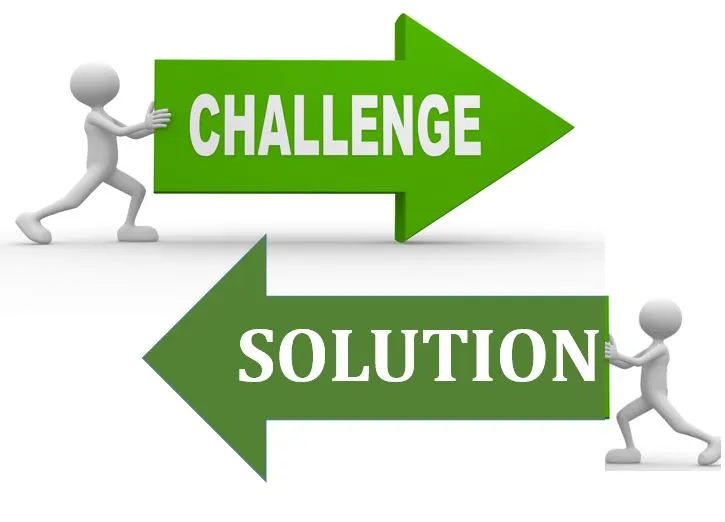Contents
Definition of Sustainable Development
Define sustainable development and its significance in global and local contexts.
Introduce the concept of emerging markets and their role in sustainable development goals.
Importance of Sustainable Development in Emerging Markets
Discuss why sustainable development is crucial for the long-term economic, social, and environmental well-being of emerging markets.
Highlight the potential benefits of integrating sustainable practices in these economies.
Challenges to Sustainable Development in Emerging Markets
1. Environmental Challenges
a. Climate Change Impacts
Discuss how climate change affects emerging markets differently than developed economies.
Highlight specific climate-related challenges such as extreme weather events, rising sea levels, and food security issues.
b. Natural Resource Management
Analyze the pressures on natural resources in emerging markets due to population growth, urbanization, and industrialization.
Case studies of environmental degradation and resource depletion in specific regions.
2. Economic Challenges
a. Poverty and Inequality
Discuss the link between poverty, inequality, and sustainable development.
Evaluate strategies for inclusive economic growth that promotes sustainability.
b. Infrastructure Development
Challenges posed by inadequate infrastructure in achieving sustainable development goals.
Examples of infrastructure projects impacting environmental sustainability and community resilience.
3. Social Challenges
a. Access to Healthcare and Education
Impact of inadequate healthcare and education systems on social development.
Case studies of initiatives improving access to healthcare and education in underserved communities.
b. Social Inclusion and Gender Equality
Importance of social inclusion and gender equality in sustainable development efforts.
Examples of programs promoting social equity and women’s empowerment in emerging markets.
Solutions for Sustainable Development in Emerging Markets
1. Policy and Governance
a. Regulatory Frameworks and Legislation
Role of government policies in promoting sustainable practices and reducing environmental impact.
Case studies of countries with effective environmental regulations and enforcement mechanisms.
b. Sustainable Urban Planning
Importance of urban planning in mitigating environmental risks and promoting livable cities.
Examples of cities implementing sustainable urban development strategies.
2. Technological Innovations
a. Clean Energy Solutions
Role of renewable energy technologies in reducing carbon emissions and promoting energy independence.
Case studies of successful renewable energy projects in emerging markets.
b. Green Technologies and Innovation
Importance of technological innovation in addressing environmental challenges.
Examples of startups and tech companies developing green technologies in emerging markets.
3. Social and Community Initiatives
a. Community-Based Conservation Efforts
Importance of community involvement in natural resource management and conservation.
Examples of community-led initiatives promoting sustainable agriculture and forestry practices.
b. Education and Awareness Programs
Role of education and public awareness campaigns in promoting sustainable lifestyles and behaviors.
Case studies of environmental education programs influencing community attitudes and practices.
Success Stories and Best Practices
1. Green Economy Initiatives
a. Sustainable Agriculture and Agribusiness
Role of sustainable agriculture practices in enhancing food security and rural development.
Examples of agribusiness models promoting sustainable farming techniques.
b. Eco-Tourism and Conservation
Importance of eco-tourism in promoting biodiversity conservation and supporting local economies.
Case studies of successful eco-tourism destinations in emerging markets.
2. Corporate Social Responsibility (CSR)
a. Sustainable Business Practices
Importance of CSR in fostering sustainable business practices and corporate governance.
Examples of multinational corporations implementing CSR initiatives in emerging markets.
b. Supply Chain Sustainability
Role of supply chain transparency and accountability in promoting ethical sourcing and environmental stewardship.
Case studies of companies adopting sustainable supply chain practices.
Future Outlook and Emerging Trends
1. Integration of Sustainability in Development Goals
a. Alignment with UN Sustainable Development Goals (SDGs)
Importance of aligning national development strategies with global sustainability targets.
Strategies for measuring progress and achieving SDGs in emerging markets.
2. Innovation and Adaptation
a. Climate Resilience and Adaptation Strategies
Importance of building climate resilience in vulnerable communities and industries.
Examples of adaptation strategies and technologies in response to climate change impacts.
3. Collaborative Partnerships
a. International Cooperation and Funding
Role of international organizations, donors, and multilateral agencies in supporting sustainable development initiatives.
Case studies of successful partnerships and funding mechanisms for sustainable projects.
Summary of Key Findings
Recap the main challenges to sustainable development in emerging markets and the proposed solutions.
Emphasize the importance of collaborative efforts and innovative approaches in achieving long-term sustainability.
Call to Action
Encourage stakeholders, including governments, businesses, civil society, and individuals, to prioritize sustainable development goals in their decision-making and actions.
Highlight the potential benefits of sustainable practices for future generations and global well-being.


